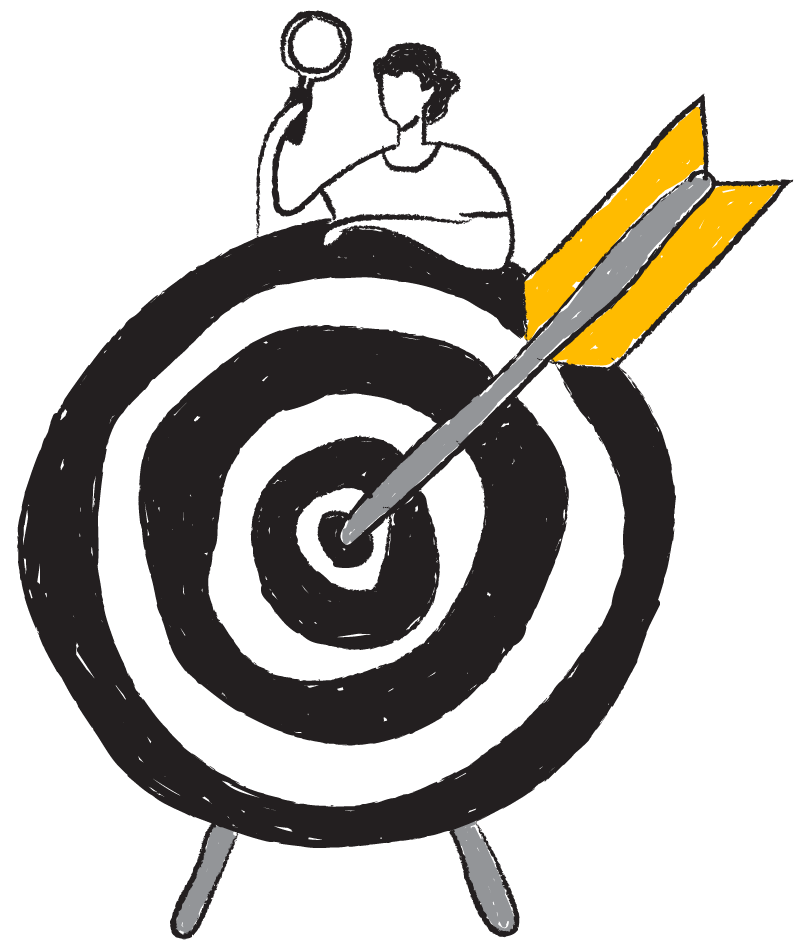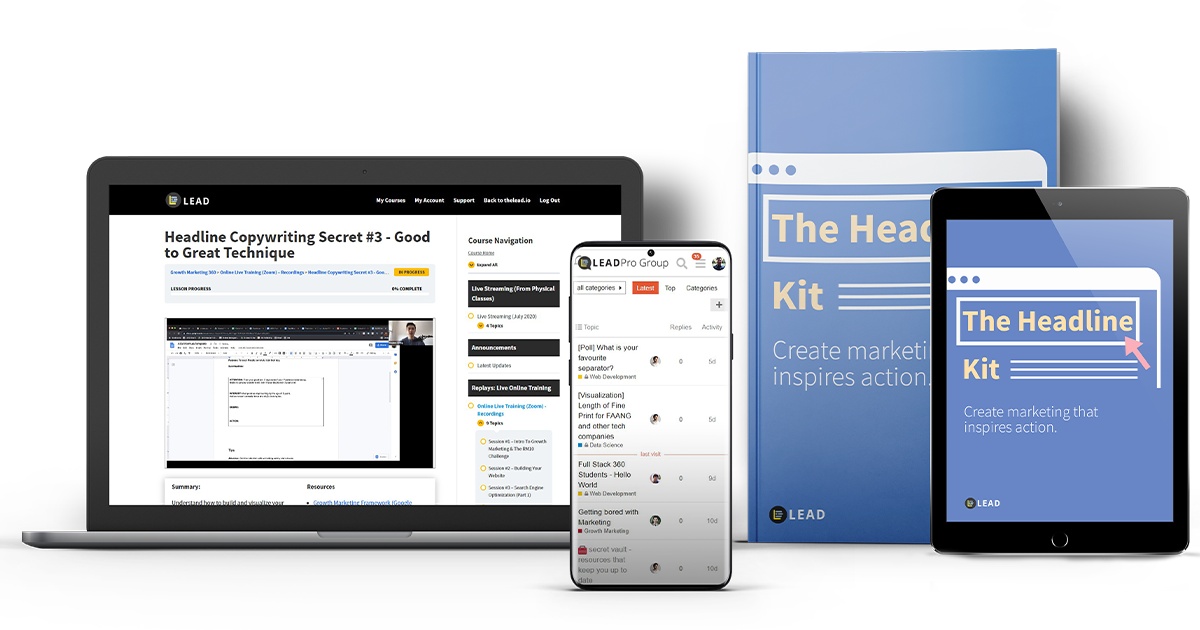Whether you are in your blog writer, content writer, journalist, author, or editor you need headlines.
Whether that’s at the title of your book or the title of your page it matters.
Why though? Why is it SO important?
Headlines of the first thing that your audience will see.
So what are you supposed to do now?
Learn the 4 ‘U’s of Headlines:
4 ‘U’s of Headlines:
- Useful
- Unique
- Urgent
- Ultra-specific
That’s good and all but what does that mean?
Don’t worry, we’ve broken down each “U” into manageable, bite-sized bits of information that you can apply today.
Useful:

Audiences click on content that brings them value.
Why do gossip and negative news attract us?
It’s because some people feel better about themselves when they read about the demise of other people.
Strange as that is, that is ‘value’ to some.
Why do you think Megan Markle’s interview with Oprah went as viral as it did?
How about the news of the girl with gorilla glue in her hair?
And let’s not forget, Harambe, may he rest in peace.
It’s important to understand that value can be received in many forms.
Some find value in information while some find it in gossip.
How does your headline promise value for your audience?
Will your article/blog post satisfy their curiosity or desire to receive value?
The first step to being able to answer that question is by understanding your audience.
Using a customer avatar sheet, create an avatar of your targeted reader, and list out their pain points and behaviour.
What’s useful for your audience?
It could be:
☑ Must-know news in your industry.
☑ Upcoming trends that only you know.
☑ Niche secrets.
☑ Must-know tips on your industry.
Headline kit tip – study the exact slang, key terms, and keywords used by people in your field of interest.
Phrase your headline in a way that promises results to satisfy their need to receive value.
Here’s an example:
How to Become an Amazon Affiliate? Affiliate Marketing for Beginners in 7 Mins.
By presenting the immediate benefit, your audience will be enticed to follow-through.
Unique:

For your headlines to stand out – it has to be unique.
Just do a search online.
You’ll probably find dozens of other content and headlines that are worryingly similar to yours.
So, how do you write unique headlines?
Practical tip:
Let’s say you want to write an introductory blog article about Python programming.
Take out a piece of paper and write down the first three titles that you come up with in your head.
Do a search on Google with one of your headlines, say: “How To Learn Web Development”:
From here, study the common theme of the headlines of search results.
To stand out, you want to be bigger, better, bolder.
So, focus on adding benefits and problems directly in the headline.
From the search results, here are a few “value” benefits:
☑ Step-by-step
☑ Best way to learn
☑ Learn Web Development fast
☑ Easy to learn
Alright, let’s form our unique headlines now.
Here are a few variations:
– Step-by-step Interactive Tutorial: Learn Web Development Fast Even if You’re Not “Tech-Savvy”
– The Stupid-Easy Guide to Learn Web Development
– Don’t Waste Time: The Best Way to Learn Web Development
You know you’ve written a unique headline if it brings up certain emotions in readers.
More often than not, it’s tough to think like our readers.
In order to truly write unique headlines:
study the exact slang, key terms, and keywords used by your target audience.
A way to do this is by observing the exact words used by your customers on surveys, chat messaging, and contact forms.
Here’s an example of how we wrote our landing page headline, based on a feedback email we received from a customer:
LEAD: Did you think Full-Stack 360 will help you?
Student Feedback: No. I didn’t think so. Hahaha. What I know now is data analytics (Python, R, Programming). Full Stack 360 could be helpful to me when I come into businesses. Now, everything is digitalized & I hope I am able to transform my career from another field to here.
Notice his language in his reply.
Here you can see how we used the words on our landing page:

As you can see we used the words he used on our landing page in order to make ourselves more relatable to our target audience.
So always remember to do your research and then write.
Ultra-specific:

It is natural to think that generalised titles will be of interest to a larger range of audiences as you are addressing an umbrella of wants and needs.
The truth though- broad headlines don’t work effectively.
Specific ones do.
Being specific does not kill off curiosity.
On the flip side, the specificity entices your audience to become curious about your content.
Rather, because the headlines are so specific towards what your audience want to see – they become more curious to find out more.
This works for entertainment content as well as knowledge or educational-based content.
When creating a specific headline, it’s best to go straight to the point.
The best headlines are the ones that tell you what to expect.
Urgency:

Drowned in a sea of choices and distractions these days, you’ve got only one chance at grabbing your user’s attention.
Content, articles, ads can be read at any time, so the big question is:
why should your audience spend the few seconds they have right now to engage with your content?
This is where urgency comes in.
Urgency can be curated through bold statements that directly speak to the audience or by invoking a time-sensitive word.
Here are some examples:
• A time limit: In 30 days, Within a Week
• A Specific Date: Today, Tomorrow, On your Birthday
• Time Constraint: Now, Soon, By Midnight Tonight.
Urgency can also be created with scarcity and peer pressure.
Here’s an example:
Which headline would you click?
- 97% Off on Our Bestselling Novel
- Tonight Only – 97% Off on Our Bestselling Novel
To learn how you can make your headlines shine before your next article/blog is due:
Download The Headline Kit by LEAD.



0 Comments